Up to 70% of South Africans rely on the public health system for their healthcare needs. While grateful for the care they receive, many people could do without the long queues, lengthy waiting periods and nurses with bad attitudes. ZIMASA MATIWANE found out how ordinary South Africans are coping with the country’s imperfect public health care system.
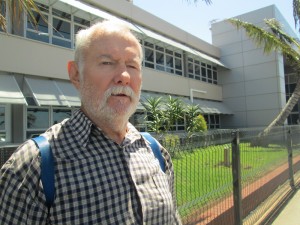
I found a lump under my arm around the middle of October. This prompted a sense of urgency because I had been declared cancer free just two years ago after suffering from prostate cancer. I am a pensioner and I rely solely on government health facilities, I went straight to my local hospital (Addington) to have the lump checked. After three days [of going] back and forth at the hospital, I was given a date to come back for a biopsy. That would was great, the only problem is the date is on the 22nd of January 2015. As a cancer survivor, I know how important early diagnosis is. The lump might not be cancerous but waiting more than three months for a diagnosis is giving me sleepless nights. Our health care system does work but at a very slow pace.
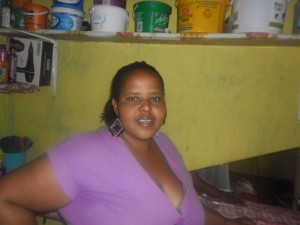
I have been suffering from hypertension since age the age of 26 and I rely on my local clinic for medical help. Ridaq, the pill that was prescribed to me had terrible side effects – nausea, reduced energy levels, palpitations and headaches. As a breadwinner I could not afford to spend days in bed but the nurses told me there was no alternative treatment and I ended up defaulting, which made my condition worse. After five days in hospital, I was advised by another nurse to take half instead of the whole pill. I noticed the difference within a week. Although I am grateful that I receive free medical help, I still have little faith in some of our nurses. I would like to see their ‘don’t care’ attitudes change. They ought to provide patients with the best health care advice.
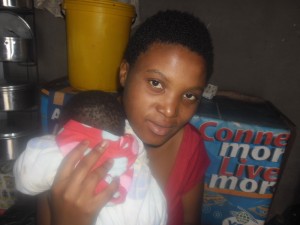
The closest clinic to my village is about 60 kilometres away in Mount Fletcher. The queues are so long that during my antenatal classes, I had to sleep over at a relative’s house in town to get to the clinic by six in the morning. When my delivery date approached, I stayed with my relatives for nine days because I had to be close to the hospital. I could not risk my or the baby’s health by staying in the village. I missed a lot at school, which I wouldn’t have if we had a local clinic. I had to go back three days after giving birth to catch up. Right now we are about to starting examinations and I have to miss a revision day at school again because I have to take my baby for a BCG immunisation at six weeks. I wish we had easy access to medical care, it is after all a basic human right. No clinic, no contraceptives, no condoms, it is that bad.
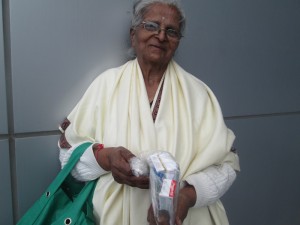
I had heart failure a year ago and suddenly became a resident at the hospital. I spent a lot of time going to and from consultations with specialists. I received satisfactory care but there were challenges. My consultation days began with me leaving home at six in the morning and going up and down the hospital stairs all day because the elevators hardly worked. After the diagnosis I went through surgery which was a success. I now collect monthly treatment to control my heart condition. I dread the monthly visits to the hospital. We sit on hard benches for hours just to collect treatment. It would help if the hospital prepared our packages in advance and gave us a collection time – they know when who is coming for what – instead of arriving here at 6h30 by public transport and being number 103 in the queue.
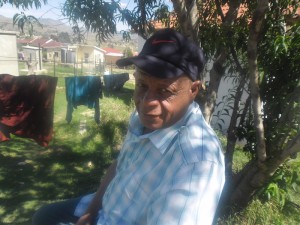
I was diagnosed with type two diabetes a while back and I receive free medication from my local clinic. On the day that I fetch the medicine I cannot work, which means loss of income. I walk to the clinic and have to leave home at least by 6h30. Arriving at the clinic later than 7h30 often means I will leave after 2 in the afternoon. I go through a check-up before I’m given treatment. Sometimes when my blood sugar level is higher than it should be I’m given medicine and instructed to lie down for 30 minutes. After the thirty minutes, instead of going directly to the nurse, I wait another two hours because the nurses are busy with other patients and then they go to lunch at 1 pm. This is a small price to pay but I wish there were enough nurses so that they don’t go to lunch at the same time, and that they could be patient and not rude towards people like me,who have hearing problems.
– Voxes have been edited for brevity and clarity


![Busisiwe Luthuli [slider]](https://www.thedailyvox.co.za/wp-content/uploads/2014/11/Busisiwe-Luthuli-slider.jpg)







